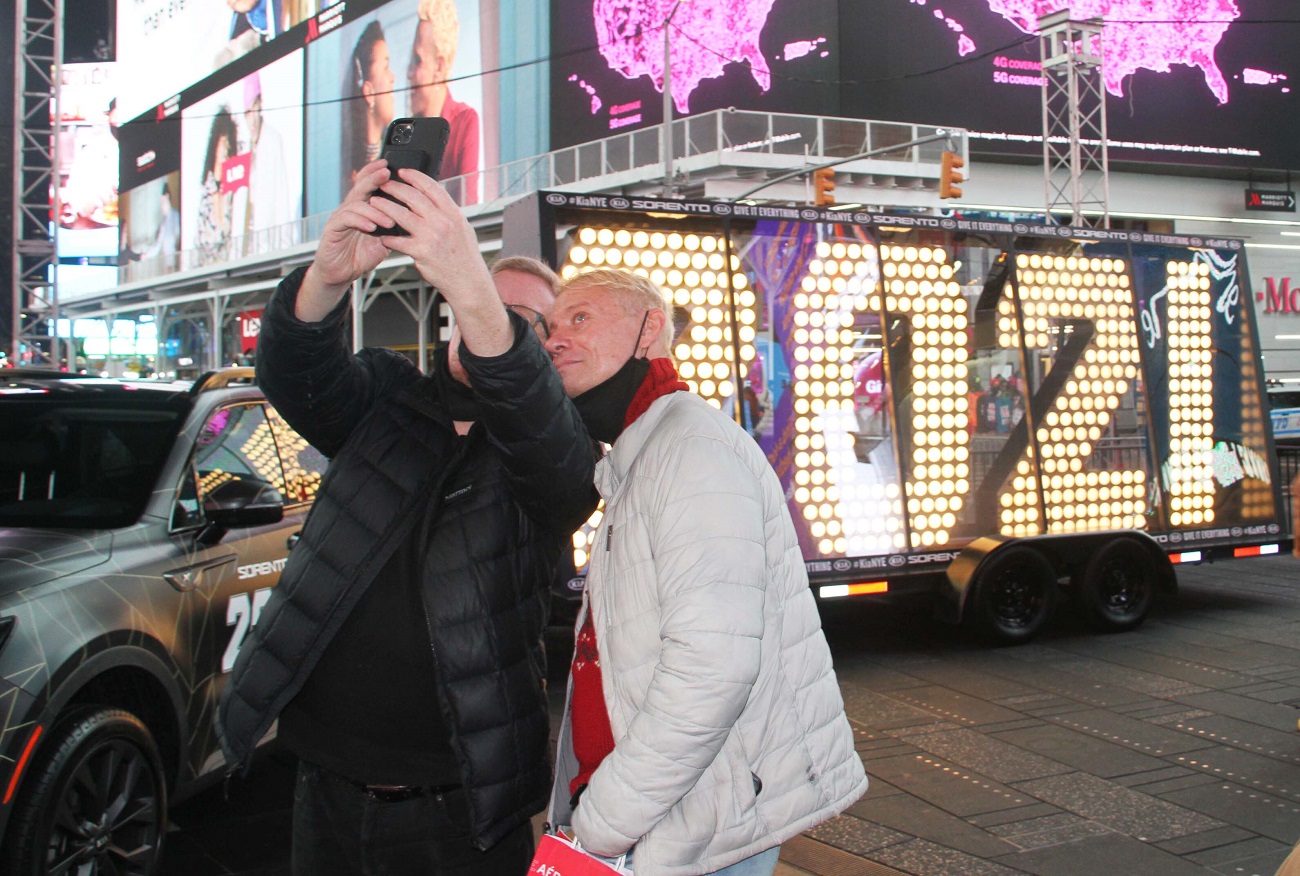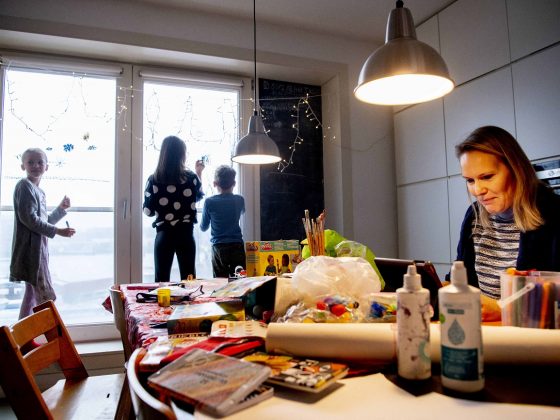A new year is always associated with a new beginning, particularly after a tumultuous year people want to forget altogether.
This is a natural form of self-preservation that humanity goes through, acting like little children who close their eyes and say, “We’re not scared anymore, nothing is out there.” On the contrary, the year we have left behind has been one of great lessons learned, an eye-opener to the importance of the connection between us in order to make a fresh start of the world toward a good future. Everything depends on our unity.
“Humanity is divided into two parts—pessimists and optimists, Left-leaning and Right-leaning, men and women. Nature has created a diverse reality, but if we learn to connect with each other in a mutually complementary way, all the shades and distinctions will fuse together beautifully. Such a merging will create the kind of wholeness that no single part could reach on its own.”
Do you see the glass as half empty or half full? Being pessimistic or optimistic about life is largely determined by the way the brain functions and is influenced by our genes. If so, how can we build a balanced approach to all the kinds of situations that can arise?
Humanity is divided into two parts—pessimists and optimists, Left-leaning and Right-leaning, men and women. Nature has created a diverse reality, but if we learn to connect with each other in a mutually complementary way, all the shades and distinctions will fuse together beautifully. Such a merging will create the kind of wholeness that no single part could reach on its own.
Being constantly optimistic is not ideal because if, for example, we do not recognize the danger inherent in a particular situation, we may get into trouble. On the other hand, it is not good to always be pessimistic either. We need to learn how to connect these two tendencies in a balanced way, like the positive and negative in an electrical system.
If we were to look in depth, we would find that within every pessimist is also a bit of optimism, and vice versa. This is how we are built so that we have something in common through which we can somehow connect and communicate with others who have opposite qualities. That is, in order to complete every quality on the minus side of the forces of rejection, separation, and hatred, there exists a complementary quality on the plus side that expresses union and love. This is how we achieve balance.
In order to upgrade our perspective in life we need to connect with different kinds of people. Consider this: not only do we have two eyes, but our brain is also divided into two. The combination of opposites is necessary for building a complete working system. In recent years this insight has been internalized in the fields of science, technology, and various other innovations. The most significant projects require a very high level of integration.
Studies show that optimistic people tend to focus on progress and growth, while pessimists are primarily concerned with confidence and stability, being careful not to take risky actions. The right combination of the two tendencies can move us forward with confidence and security in an optimal way.
The tendencies that are inherent in us from birth cannot be changed, but what can be molded and directed is the way that they are used, and this is made possible by connecting with others. Therefore, constant self-criticism or torturing ourselves to change is useless. It is far better to concentrate on developing relationships with others, which then lead to the attainment of new achievements at a higher level. The formation of deep connections requires efforts to transcend our natural egoistic tendency to want to control others, the natural rejection we have of someone who is different from us.
In a broad sense, every society is comprised of disparate constituents and divergent people, and from year to year the struggles between conflicting types become more forceful. However, the globalized world we live in is a single connected network that is closing us in together. In such a reality where we are becoming increasingly dependent on each other out of necessity, only if we complement one another with mutual guarantee can we build a stable system that will ensure that humanity doesn’t implode and go to its doom.
The challenge of our times is to learn to maintain the difference and uniqueness of each and every individual, while building a balance between them all. Such a process will open up for us a new, integral, complementary, shared mind and emotions that will break through into a new dimension of existence, one that is connected and beautiful. Like nature, like the fabric of life. Therefore, the best New Year’s resolution we can set is to move toward closer connection with each other.











